Your location:Home >Automotive News >
Time:2022-07-11 11:45:08Source:
The major events in the field of intelligent driving this week are as follows:
Mobileye ReleasesEyeQ Kit
On July 5, Mobileye officially released the EyeQ Kit, the first software development kit (SDK) for EyeQ® SoCs.Using the EyeQ Kit, OEMs can deploy differentiated algorithms and human-machine interface tools on the EyeQ platform based on the energy-efficient architecture of the EyeQ® 6 High and EyeQ® Ultra processors.That said, Mobileye has finally decided to abandon its much-maligned black box.
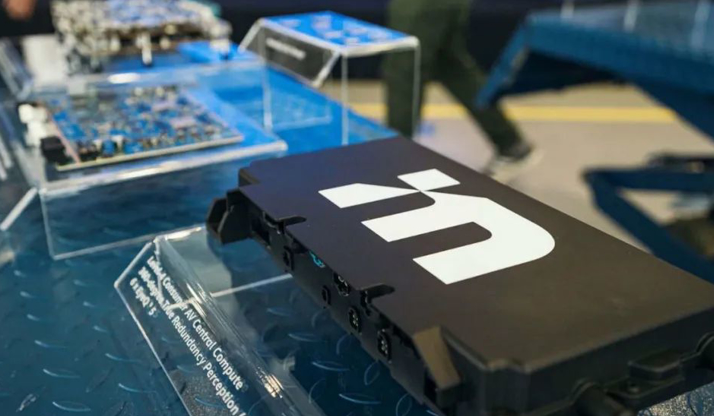
Image credit: Mobileye
EyeQ Kit was developed by hundreds of Mobileye engineers, drawing on the technical strength of Intel and Mobileye, enabling car companies to easily and efficiently develop their own application software, while supporting the embedded development of third-party applications, thereby reducing the cost of integrating other chips. increased cost.Lu Yili, general manager of Mobileye China, said: "In the process of designing this new development tool, we fully understand the needs of Chinese partners, and hope to bring more flexibility and differentiated functions to them."
Xiaozhi's comment:In the early days, Mobileye made a big hit with its low-cost visual perception solution and won many car companies in the ADAS field.But in just a few years, many car companies have broken up with Mobileye.The pain in the Chinese market finally made Mobileye determined to abandon the past.
Shenzhen legislates to support the development of L3+ autonomous driving
On July 5, Shenzhen People's Congress announced that the " Regulations onthe Administration of Intelligent ConnectedVehicles in Shenzhen Special Economic Zone" was passed on June 23, 2022 and will come into force on August 1, 2022.The "Regulations" not only clarified the responsible subjects of different levels of autonomous driving accidents, but also put forward higher requirements for car companies and software and hardware suppliers.
It can be seen from the regulations that for L3 and L4 autonomous driving, the main driver must have someone, and the driver is responsible for an accident; the L5 level can have no steering wheel, and the main driver can be unmanned, but it must drive on designated road sections, and whoever develops it is responsible.In addition, it is worth mentioning that the responsibilities that car companies need to bear are mainly from the three aspects before, after, and after the traffic accident: before the accident, you need to provide instructions to teach you how to deal with general failures; when the accident occurs, you need to provide technical support or rescue services; After the occurrence, it is necessary to take corresponding measures to solve the problem from the source, and to provide compensation if necessary.
Xiaozhi comment:This is the first time in China to clarify the rights and responsibilities of different levels of autonomous driving, and it is also the first time in the world that special legislation is clear.
Volkswagen and Bosch collaborate on autonomous driving
Volkswagen and Bosch can start joint development of self-driving technology, the German Joint Authority said on July 4, and the agency will continue to oversee the cooperation between the two companies.
In fact, as early as January of this year, Volkswagen Group software subsidiary Cariad and Bosch announced that the two parties would collaborate on the L2, which will be installed in Volkswagen Group vehicles starting in 2023.In addition, Cariad and Bosch will develop L3 autonomous driving functions for hands-free driving on highways and higher-level fully autonomous driving technologies.
Xiaozhi commented:Both Volkswagen and Bosch have established software departments to strengthen product supply. This cooperation can be regarded as a strong alliance.
Argo AI cuts 150 jobs
On July 7, Argo AI, an autonomous driving company invested by Ford and Volkswagen Group, announced that it would lay off about 150 employees.A spokesman for the company said in a written statement that the layoffs were part of a "prudent adjustment to our business plan" as the company plans for its future growth.After the layoffs, the company still has more than 2,000 employees worldwide.
In fact, over the past year, Argo AI has developed and launched new businesses at a relatively rapid rate.Last September, the company partnered with Walmart to provide delivery services in Miami, Washington, D.C., and Austin, Texas; the same month, it began testing self-driving cars in Munich; last December, it launched a ride-hailing service in Miami with Lyft and Ford; Two months ago, it began testing driverless cars in Miami.
Xiaozhi comment:The demand for safety personnel is decreasing under the development of autonomous driving, and the economic downturn under the epidemic situation is superimposed. It is not surprising that Argo AI announced layoffs.
Cruise self-driving cars cause hours of traffic jams in San Francisco
On the evening of June 28, multiple Cruise self-driving cars blocked traffic in San Francisco.One witness estimated that the traffic jam involved more than a dozen Cruise Robotaxi, and the problem wasn't resolved until a human driver drove the vehicles away.
Statement: the article only represents the views of the original author and does not represent the position of this website; If there is infringement or violation, you can directly feed back to this website, and we will modify or delete it.
Preferredproduct
Picture and textrecommendation
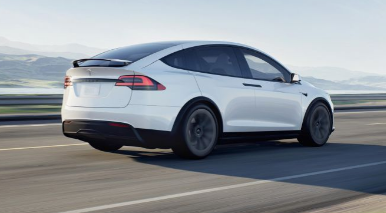
2022-08-04 12:57:12
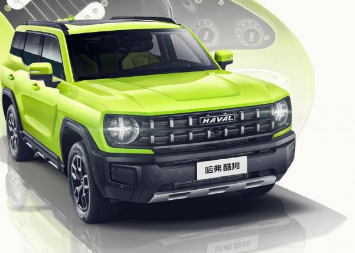
2022-08-04 12:56:48
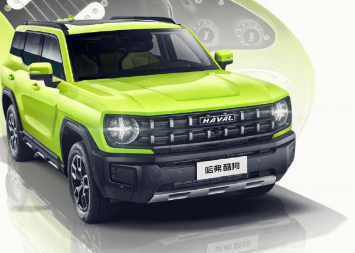
2022-08-04 12:56:28
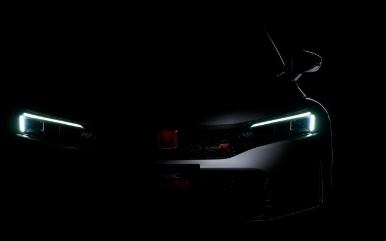
2022-08-04 12:56:04
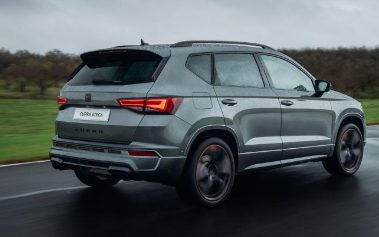
2022-08-04 12:55:36
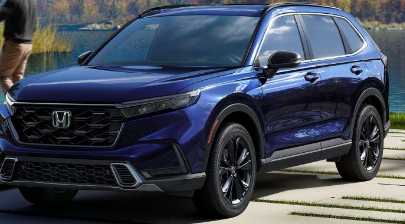
2022-08-04 12:55:11
Hot spotsranking
Wonderfularticles
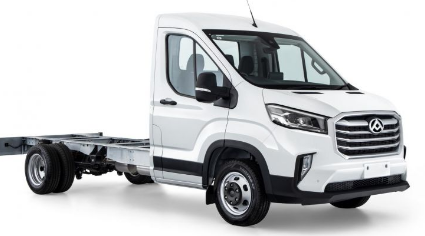
2022-08-04 12:54:48
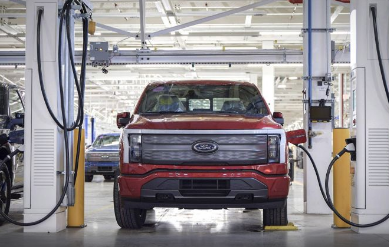
2022-08-04 12:54:20

2022-08-04 12:53:54

2022-08-04 12:53:32
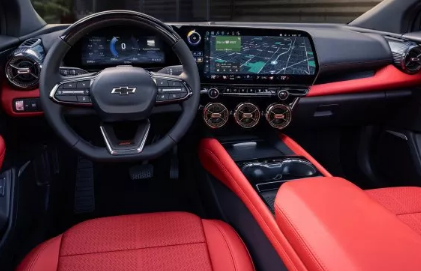
2022-08-04 12:53:03
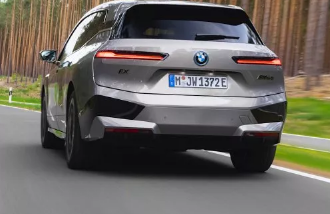
2022-08-04 12:52:26
Popularrecommendations
